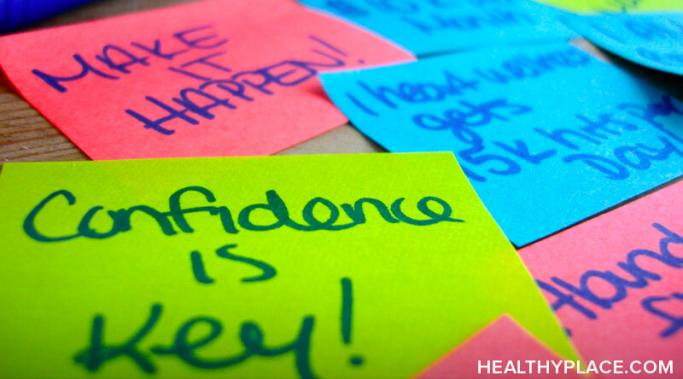As I reflect on the journey to build self-esteem that we have taken together over the past year, I am filled with gratitude and a deep sense of purpose. Writing these essays has not only allowed me to share insights and strategies to help you build self-esteem but has also given me the opportunity to connect with you, my audience. The stories, struggles, and triumphs of those with lived experience have inspired me more than words can express, and I hope that, in some small way, my words have been a source of encouragement and strength for you.
Happiness and Self-Fulfillment
I think focusing on expression can improve self-esteem. This year, I am attending the Burning Man festival for the first time, and I can already feel the impact it's having on my self-esteem. Self-esteem is something I have struggled with in my life, often feeling like I am not fully myself, not truly seen, and unable to express who I am deep inside. But the decision to participate in Burning Man is changing that narrative. The festival, known for its radical self-expression and communal ethos, is offering me a unique opportunity to explore and express my authentic self in ways that I never thought possible.
Much to my surprise, ecstatic dance has helped my self-esteem. For much of my life, I struggled with my mental health, and my self-esteem suffered deeply as a result. Anomalous thoughts and perceptions shadowed my every step, draining the color from my world and leaving me feeling isolated and insignificant. One day, however, I discovered a tool that helped me find a way out of that darkness: ecstatic dance. This form of creative expression brought unexpected joy and a newfound sense of self-esteem into my life.
I have found that trying new activities can be an incredibly effective way to nurture and strengthen self-esteem. Whether it's a hobby, sport, or creative pursuit, stepping out of my comfort zone and embracing new experiences has played a crucial role in building my self-esteem and overall wellbeing.
As we celebrate Independence Day, I find myself reflecting on the concept of freedom, particularly the freedom to cultivate self-esteem. Self-esteem, a crucial aspect of our mental wellbeing, is often overlooked, especially by those of us who have lived experience with mental health issues. Yet, Independence Day serves as a powerful reminder that we have the freedom to make choices that can positively impact our self-esteem and our overall mental health.
As someone who has struggled with mental health issues, I know how challenging it can be to maintain self-esteem. The summer solstice, the longest day of the year, provides a powerful metaphor for finding our inner light and strength. Just as the sun reaches its peak, illuminating our world, we too can harness this energy of summer to bolster our self-esteem.
Turning 40 was a significant milestone in my life and a major boost to my self-esteem. This recent birthday was more than just a celebration of age; rather, it was a celebration of resilience, growth, and self-acceptance. For those of us navigating mental health challenges, recognizing and celebrating these milestones can be incredibly empowering for our self-esteem.
Taking intentional pauses in my life has been transformative for my self-esteem. For a long time, I struggled with feelings of inadequacy and self-doubt. Life seemed like a relentless race, and I was perpetually out of breath, unable to keep up with its demands. It wasn't until I started taking intentional pauses that I began to see a change in my self-esteem and overall mental health.
Setting boundaries is not commonly recognized to boost self-esteem, but I have found that it does. Self-esteem is integral to helping us traverse life. Navigating life with mental health challenges can be like treading water in a stormy sea. I have faced my share of turbulent waters, struggling to maintain my self-esteem amidst the chaos of emotions and thoughts. One practice that has proudly transformed my journey is setting personal boundaries. It's not just a skill; it's an act of self-love and empowerment. Setting boundaries can enhance self-esteem.
For me, self-esteem and Earth Day are connected. As someone who has experienced the ups and downs of a mental health condition, I understand the ongoing struggle to find ways to boost self-esteem and cultivate a sense of purpose. Amidst this journey, I stumbled upon a source of solace and empowerment that I did not anticipate when I was younger: Earth Day practices and sustainable living. Earth Day occurs on April 22 and is an annual celebration that reminds us of the importance of our only habitat. Earth Day can be used to cultivate improved self-esteem.









